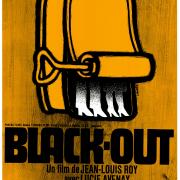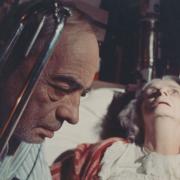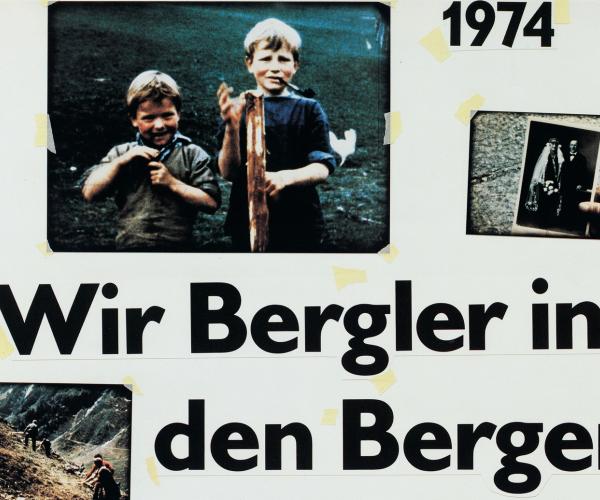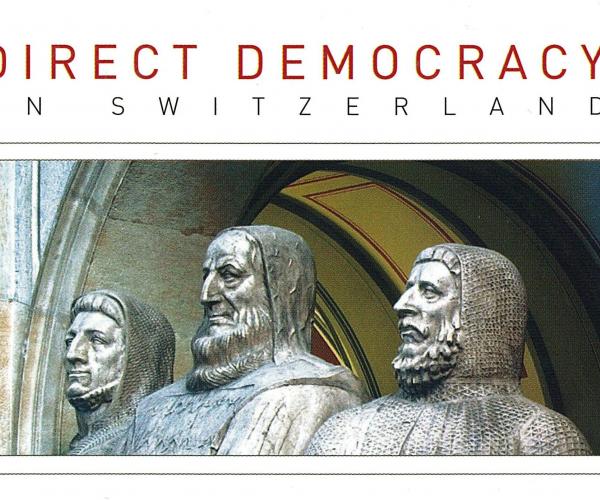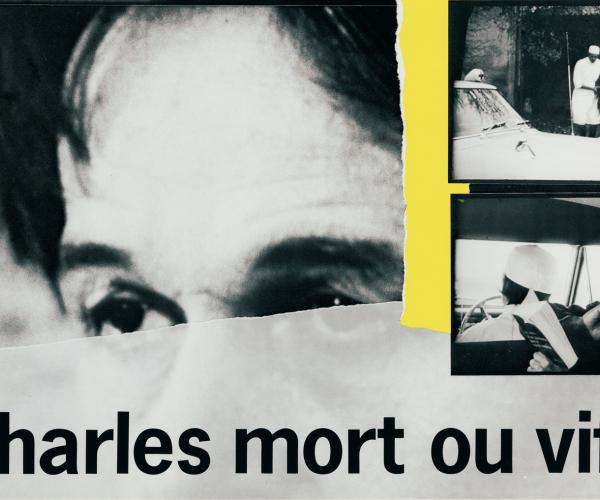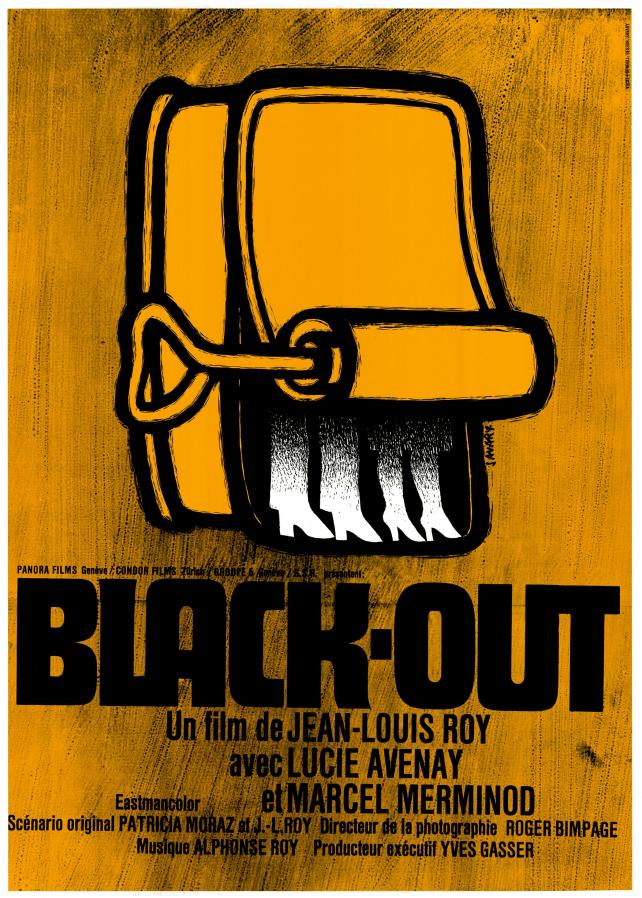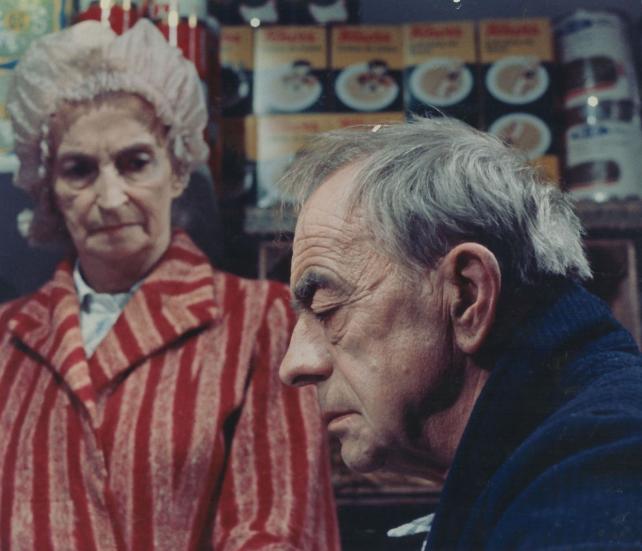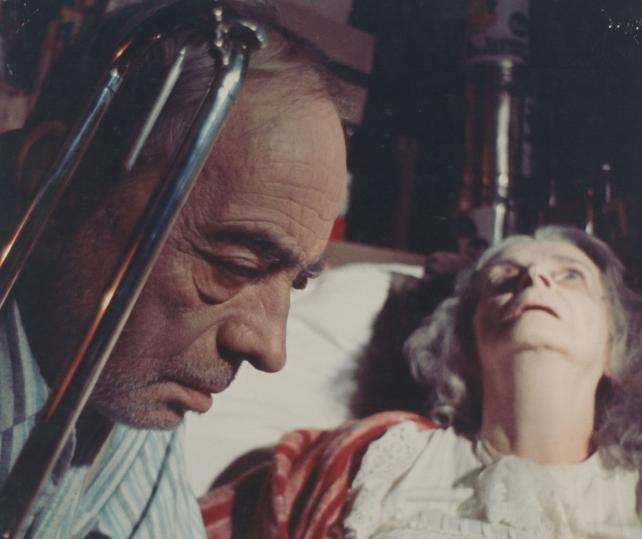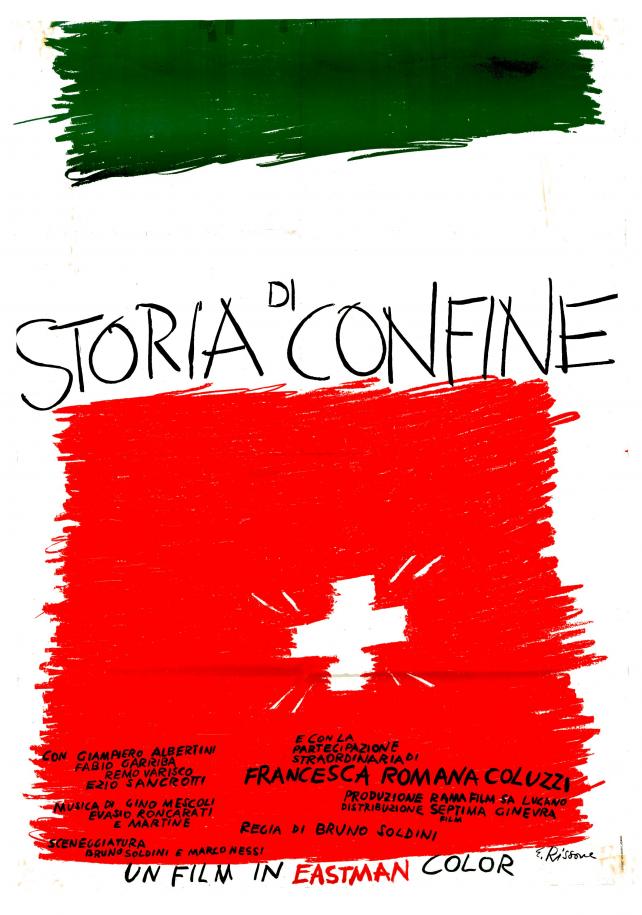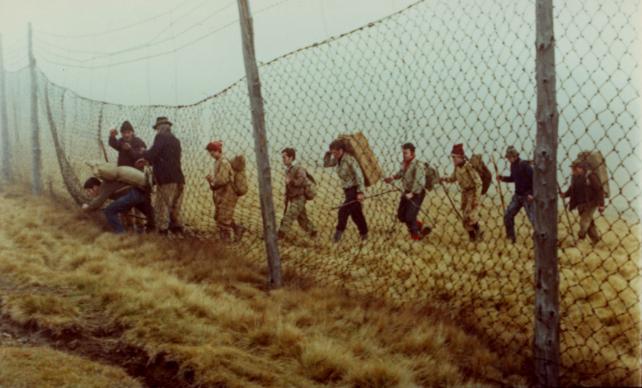"Black Out" in Moscow
On the 20th of November 1973, an urgent telegram sent by the Swiss Embassy in Moscow, right after the opening of Pro Helvetia’s film week made waves in the Political Department in Bern. Fearing negative consequences for Switzerland’s reputation in the Soviet Union, the diplomatic corps strongly recommended removing several movies from the programme. Cause for alarm was the screening of Storia di Confine and Black Out, two feature films, which according to the ambassador presented Switzerland in a less than favourable light.
Storia di Confine by Bruno Soldini tells the story of smuggling at the border between Switzerland and Italy during World War II. Black Out by Jean-Louis Roy features a retired couple who starts hoarding food in their apartment in response to purely imaginary dangers.
Outraged, the Swiss ambassador’s wife wrote in a letter to the Political Department: Storia di Confine was shown, a disgusting movie conveying a sad impression of our country. […] The border guards in uniform are portrayed as corrupt, beastly, brutal, and silly if not downright obscene. […] Even that would be the least of my worries if only the Swiss flag were not constantly in view during all those sickening scenes, or rather the white cross against the red background on blankets, beside them a portrait of General Guisan, etc. We are certainly no angels, but it is outrageous to disseminate such a sordid picture of Switzerland in this country.
As usual, organising the Swiss Film Weeks in the Soviet Union (Moscow, Leningrad, and Tbilisi), Pro Helvetia collaborated with the filmmakers and in this case with the Soviet embassy in Bern. For the organisers, intent on offering a platform for contemporary filmmaking, the question of Switzerland’s image abroad was not one of high priority, which was all the more obvious when the filmmakers Alexander Seiler, Yves Yersin and Markus Imhoof, present in Moscow, clearly referred to the critical stance of the New Swiss Cinema.
Whereas the Secretary of the Political Department advocated stopping what he called Pro Helvetia’s “antics” in Moscow, at once, the Federal Department of Home Affairs warned against the political consequences of taking such a measure, pointing out that censorship was hardly apt to promote fundamental democratic rights such as freedom of expression in the Soviet Union. Finally, the Swiss Film Weeks proceeded as planned, despite the embassy’s protests. They received a warm welcome from the Soviet press. The matter was the subject of several reports addressed to the Federal Council, mainly expressing doubts about the suitability of the Swiss Film Weeks.
In their own analysis of the Swiss Film Week in the Soviet Union, the filmmakers admitted to a discrepancy between the intended message and the way the films were actually perceived. As in the Soviet Union film was mainly used as an instrument for propaganda, a Soviet audience would hardly be familiar with irony and social criticism. Alexander Seiler’s film, Unser Lehrer, which is in fact very critical of traditional teaching methods, was regarded as an example of innovative teaching practices by audiences in Moscow, accustomed to school uniforms. (tk)
Archives
AFS E2003(A) 1988/15, Vol. 486


